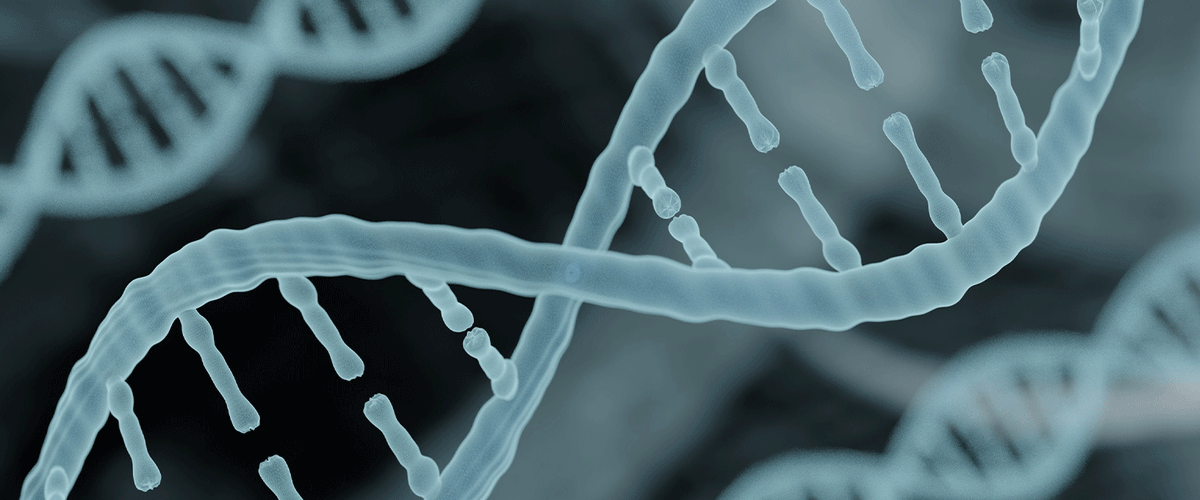Computational Biology & Medicine
With the increasing availability of data and the improved understanding of system-level interactions in biological systems, computational methods have found many applications in biology and medicine. Research in CISE develops algorithms for long-standing problems in computational biology, such as predicting and characterizing protein interactions, optimizing metabolic networks, and developing computational neuroscience models. Another line of research develops computational methods to advance experimental observation techniques used in biology, from imaging methods to atomic force microscopy. A burgeoning area of research applies Artificial Intelligence (AI) methods to medical data, leading to disease/outcome prediction models and medical decision-making tools.
GCR: COLLABORATIVE RESEARCH: MICRO-BIO-GENETICS FOR PROGRAMMABLE ORGANOID FORMATION
This project aims at defining a new area of dynamically-controlled, robot-assisted biological design. A convergent research team consisting of experts in microrobotics, machine learning, and synthetic biology will focus on developing a radically new approach towards analyzing and replicating intricate cellular patterning in mammalian tissues. Not only will this research result in new biological rules, […]
Powerful Updates to Novel Computational Imaging Device Featured in Optica
Prof. Lei Tian (ECE, BME) and his team, led by PhD students, Yujia Xue (PhD, ECE, 2022) and Qianwan Yang (PhD student, ECE) published their paper “Deep-learning-augmented Computational Miniature Mesoscope” that describes advances to their Computational Miniature Mesoscope (CM2) project. This paper, published in the prestigious journal Optica, presents the CM2 V2, a more powerful […]
Efficient Two-Photon Voltage Imaging of Neuronal Populations at Behavioral Timescales
Understanding how information is processed in the mammalian neocortex has been a longstanding question in neuroscience. While the action potential is the fundamental bit of information, how these spikes encode representations and drive behavior remains unclear. In order to adequately address this problem, it has become apparent that experiments are needed in which activity from […]
Machine learning reveals new factor for predicting a stroke survivor’s ability to regain language skills
Despite centuries of study, the human brain remains one of science’s greatest mysteries. Most research focuses on how the brain responds to change, but researchers are beginning to shift from studying the effect of the brain injury to recovery and healing. Neuroscientists and computer scientists at Boston University (BU) teamed up to create a method […]
How Computational Imaging is Helping to Advance In-Vivo Studies of Brain Function
New BU-developed wearable device integrates miniature optics and computational algorithms to enable cortex-wide, cellular resolution imaging of the brain in freely moving animals The ability to study and learn about the brain hinges on what technology is available. Current wearable brain imaging technologies are limited by a small field of view. An interdisciplinary team at […]
Paschalidis Shares Health Data Findings in DeLisi Lecture
CISE Director Professor Yannis Paschalidis (ECE, SE, BME, CDS) discussed data-driven reasoning—which he calls “the backbone of engineering systems”—and predictive health analytics as he delivered the Charles DeLisi Distinguished Lecture May 6 to an online audience of about 100 members of the Boston University community. The DeLisi Award and Lecture honors a senior faculty member […]
Machine, Meet Stem Cells
Model organs grown from patients’ own cells may one day revolutionize how diseases are treated. A person’s cells, coaxed into heart, lung, liver, or kidney in the lab, could be used to better understand their disease or test whether drugs are likely to help them. But this future relies on scientists’ ability to form complex […]
Collaborative Research: A Workshop on Pre-emergence and the Predictions of Rare Events in Multiscale, Complex, Dynamical Systems
Although pandemics have threatened human civilization since ancient times, how to predict and prevent them remains one of the most pressing challenges, calling out for innovative insights and practices. Pandemics emerge through incidental ‘perfect storms’: molecular changes in pathogens, gradual trends in climate, subtle shifts in ecological interactions among potential hosts, and even individual behavioral […]
Advancing COVID-19 Drug Development via Network Analysis
CISE Faculty Affiliate Mark Crovella (Prof., CS, Bioinformatics) has teamed up with Simon Kasif (Prof., BME, CS, Bioinformatics) and other CS researchers from across the U.S. to advance COVID-19 drug development via Network Analysis. The researchers are co-developing a machine learning methodology to analyze viral and human protein-protein interaction networks. Through this work, the researchers […]
PLOS Computational Biology: Learning from Animals: How to Navigate Complex Terrains
PLOS Computational Biology issued a press announcement on a paper that it published today authored by Boston University CISE Director Yannis Paschalidis (Professor ECE, SE, BME), PhD candidate Henghui Zhu (SE), former CISE post-doctoral associate Armin Ataei, former CISE visiting student scholar Hao Liu (Zhejiang University), along with University of Washington collaborators Professor Thomas Daniel (BIO, […]
